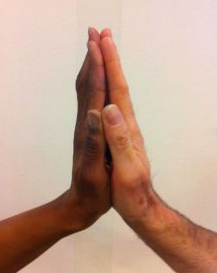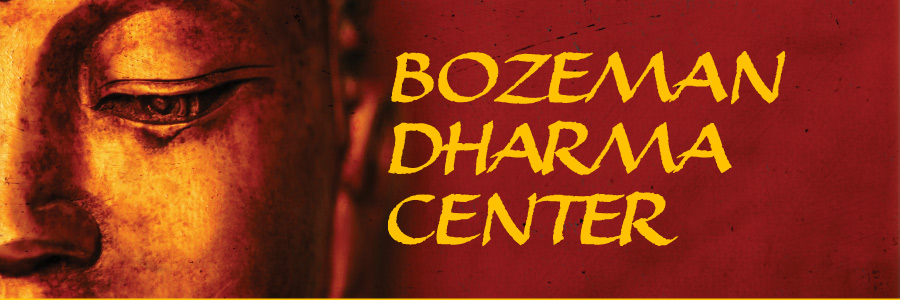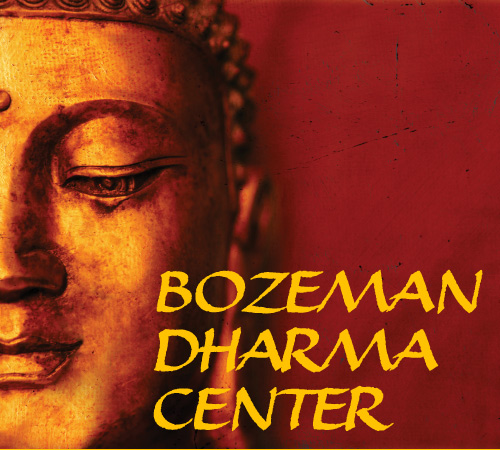Diversity and Inclusiveness

The Dharma Center is committed to providing resources to foster individual and collective liberation. We feel it is important to connect the inner work of ending greed, hatred and delusion in ourselves to the outer work of ending inequality, injustice and unconscious bias in the world.
In addition to the shelf of books and articles in our lending library, we provide the following resources for exploring our cultural and individual conditioning around race, and other dominant/subordinate conditionings.
Please read the excerpt from meditation teacher Gina Sharpe at the bottom of this page.
May we foster wisdom and compassion in our world through our practice and our willingness to be aware. May we individually and collectively wake up to conditioning that does not serve the liberation and well-being of all and endeavor to end it.
Resources
Waking Up to Whiteness:
Dharma and Racism Study Curriculum
WHITE AWAKE Website for Dharma-based inquiry
into unexamined racial conditioning: WhiteAwake.org
Articles:
Dear White America by George Yancy
White Fragility: Learning to Talk About Racism
To the White Parents of My Black Son’s Friends
The Sugar-Coated Language of White Fragility
Videos:
Conversations About Race: The New York Times
“How Studying Privilege Systems Can Strengthen Compassion”: Peggy McIntosh
Why Are We Still Talking About Racism?
If Racial Micro-agressions Happened to White People
Tim Wise: “White Like Me: Reflections on Race from a Privileged Son”
https://youtu.be/oV-EDWzJuzk?list=PLr_snfzL9hJqbqZLYiWe9XXYzU4p9Md38
Decolonizing the Mind Dr. Michael Yellow Tail
Books
Free PDF Download of the book
Racism Without Racists
An excerpt from an interview with meditation Teacher Gina Sharpe on the challenge of addressing structural racism in white-dominant Buddhist circles:
According to Buddhist philosophy, ultimately there is neither black nor white; these are simply constructions of mind. But practically, there is a legacy of slavery in America, and racism is woven into the fabric of society. This is real.
“Given that,” Sharpe tells me, “it’s not just a matter of ‘Let’s put people in a room together and let them meditate and everything will be hunky-dory.’ Work has to be done on all different fronts.”
And that work starts with understanding structural racism. “What does structural racism really mean? It means it’s not your fault,” says Sharpe. “You’re not to blame—you don’t have to feel guilty—but you should recognize it as a problem that needs a solution. And how do we as Buddhists solve problems? The first thing we do is we sit down and try to see the truth.”
Yet many Buddhists don’t want to see that structural racism operates in their own communities. According to Sharpe, white Buddhists often believe they’re so goodwilled that they can’t possibly be racist, and this means that they can’t be taught. Nobody wants to be seen as racist; nobody wants to look inside and see racist tendencies. “So when you bring racism up,” she says, “there’s so much guilt and shame about it that you get shamed.”
See the full article here.
![]()


